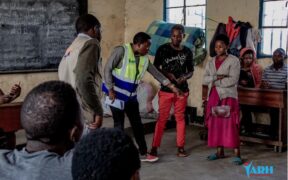In-Depth

Explore the initiatives taken by Knowledge SUCCESS to enhance knowledge sharing and capacity building in East Africa's health sector.
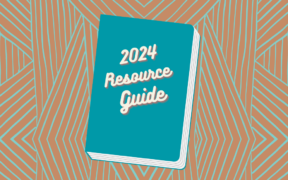
Introducing the fourth version of our family planning resource guide, including 17 tools and resources from 10 projects. Consider this your holiday gift guide for family planning resources!
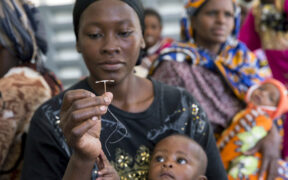
This article highlights the evolving landscape of family planning and reproductive health in Kenya, shedding light on the significant progress made while addressing persisting challenges.

Since May 2021, MOMENTUM Nepal has worked with 105 private sector service delivery points (73 pharmacies and 32 polyclinic/clinics/hospitals) in seven municipalities across two provinces (Karnali and Madhesh) to expand their access to high quality, person-centered FP services, especially for adolescents (15-19 years), and young adults (20-29 years).

In Nigeria, orphans, vulnerable children, and young people (OVCYP) are the largest at-risk group amongst the entire population. A vulnerable child is below the age of 18 who is currently or likely to be exposed to adverse conditions, thereby subjected to significant physical, emotional, or mental stress resulting in inhibited socio-economic development.
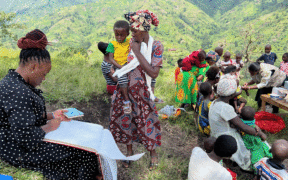
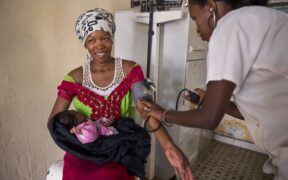
Adapted from the article “How Enhanced Engagement with The Private Sector Can Expand Access to Family Planning and Bring the World Closer to Universal Health Coverage” developed by Adam Lewis and FP2030.
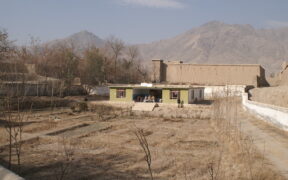
Introducing our new blog series that highlights local research produced with support from the D4I project, 'Going Local: Strengthening Local Capacity in General Local Data to Solve Local FP/RH Development Challenges.'

We are pleased to introduce our new blog series, FP in UHC, developed and curated by FP2030, Knowledge SUCCESS, PAI, and MSH. The blog series will provide valuable insights into how family planning (FP) contributes to the achievement of Universal Health Coverage (UHC), with perspectives from leading organizations in the field. This is the second post in our series, focusing on engaging the private sector to ensure that FP is included in UHC.



